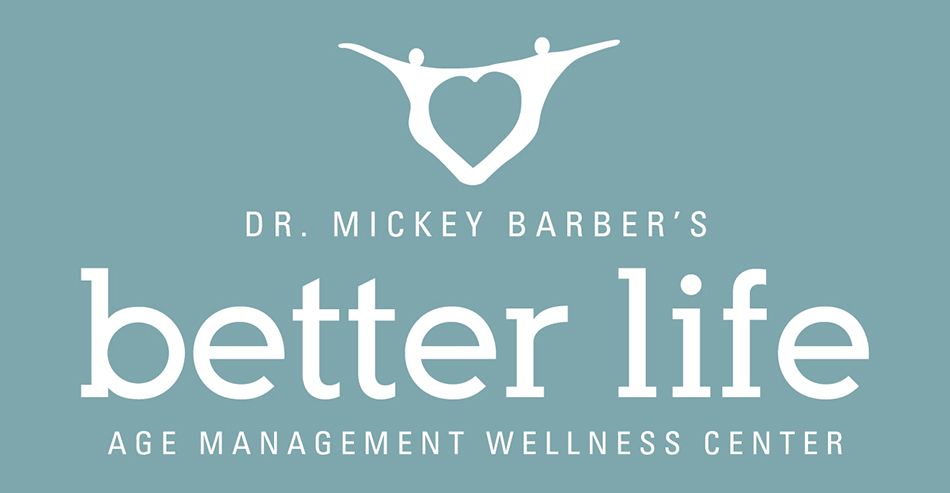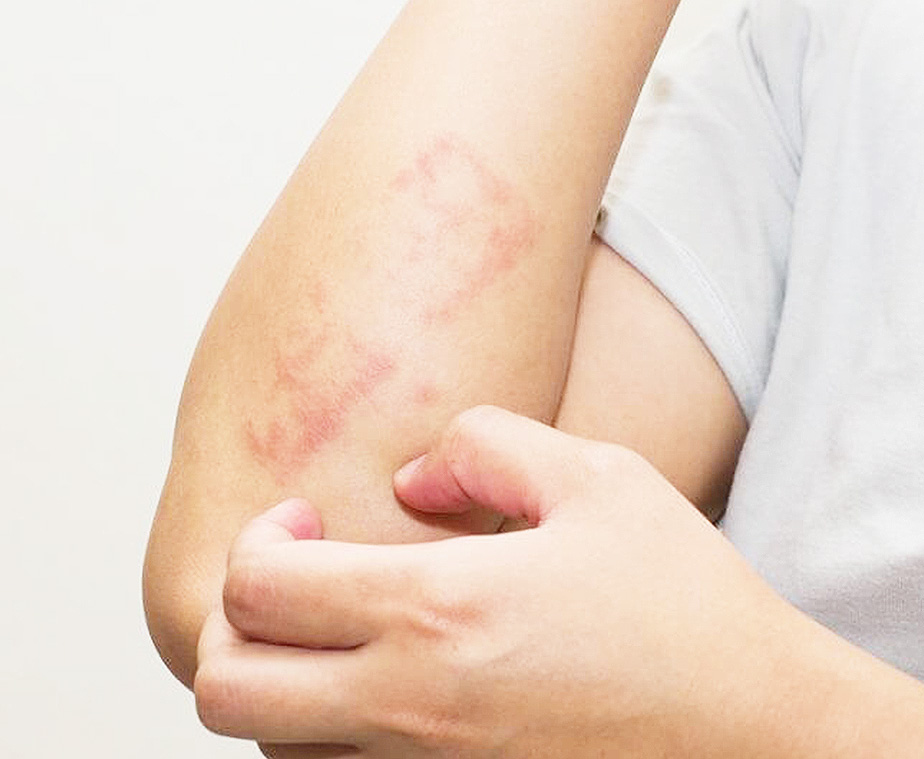
Symptoms of Lichen Sclerosus
Several common symptoms will develop if you have lichen sclerosus, though sometimes mild forms of the disease do not produce any symptoms at all. For more severe cases, symptoms include:
- Itchy skin
- White spots that develop on the skin
- Skin that easily tears, resulting in purple or bright red bruising
- Spots or marks on the skin that grow into larger patches
- Thin, wrinkled skin over patches
- Skin scarring
- Bleeding
- Blisters on the skin
- General pain or discomfort
As mentioned before, this disease is most common in postmenopausal women. However, there have been documented cases in men and even children. For women, lichen sclerosus typically relates to the vulva. For men and boys, the condition is most common around the foreskin of uncircumcised males.
How is Lichen Sclerosus Diagnosed?
Patients with symptoms usually make an appointment at a lichen sclerosus clinic for diagnoses. During the appointment, a lichen sclerosus doctor will remove a small piece of skin from the patient’s body to examine under a microscope. If the condition is severe enough, doctors can diagnose the disease by simply looking at a patient’s skin.
What Causes Lichen Sclerosus?
The exact cause of lichen sclerosus is currently unknown, though lichen sclerosus doctors do know that the disease is not contagious or spread through sexual activity. Though unconfirmed, possible causes of the disease include:
- Hormone imbalance
- Overactive immune system
- Increased chances of getting the disease via genetics
- Old injuries resulting in scarring of the skin
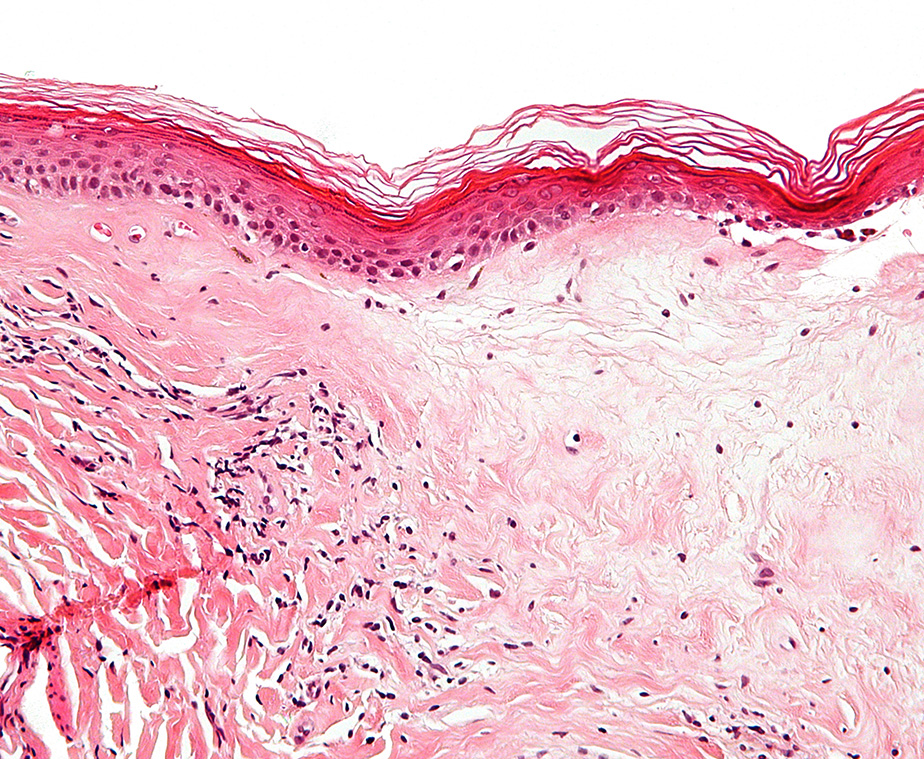
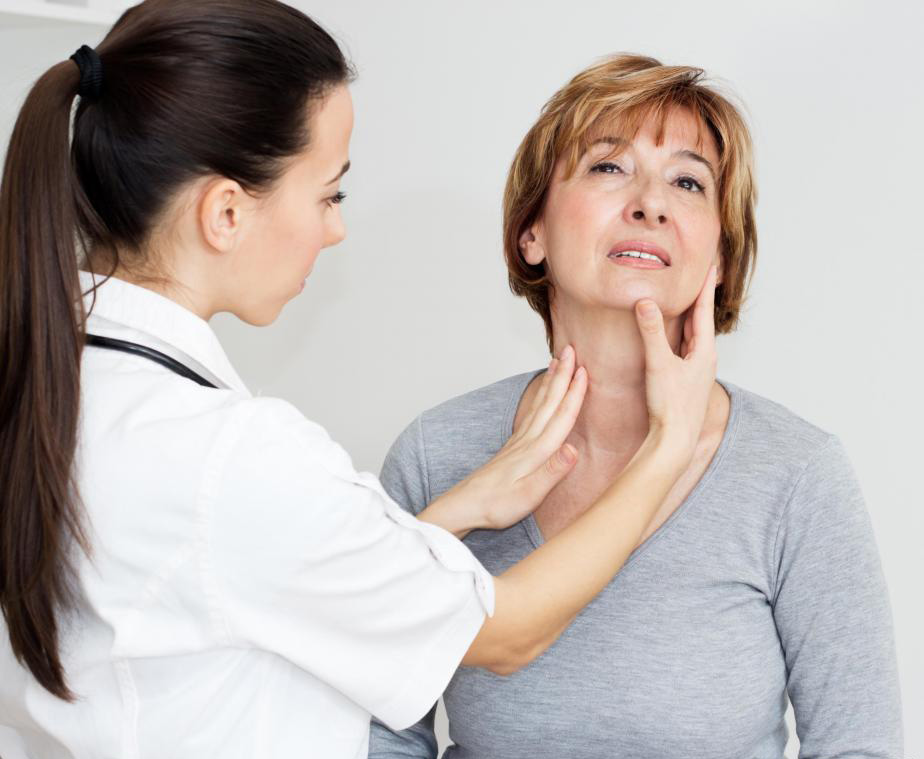
Lichen Sclerosus Treatment
Patients with patches on the upper body and arms usually do not need treatment. With time, the patches will go away. However, a medical professional will treat patches on the genitals, even if they are not uncomfortable or itchy. These patches can scar, resulting in problems associated with sexual intercourse and urination. Though it is rare, sometimes skin cancer can develop in the skin patches. For that reason, it is best to see a doctor every six months if a patient has severe lichen sclerosus to monitor any changes.
The most prevalent treatments for lichen sclerosus relief include:
Medication – These medications usually come in the forms of cortisone creams and skin ointments. Lichen sclerosus doctors often recommend that patients apply these ointments to the skin patches every day, generally for a few weeks or until itching and discomfort stops. If used over a long period, these creams can stop the disease from returning. However, medicated ointments do not prevent scarring that occurs on the skin as a result of lichen sclerosus.
Surgery – Surgical procedures to remove skin patches on women is not the best option, as the patches most often return to the genital area. Creams and ointments are usually the preferred lichen sclerosus treatment for women. For men and boys, circumcision surgery can be more effective, since the foreskin is most commonly affected with lichen sclerosus patches. Once a surgeon performs circumcision, the disease is often gone for good.
What Happens if Lichen Sclerosus Creams Do Not Work?
We should note that women who use creams and ointments for lichen sclerosus relief over a prolonged period can develop redness of the skin, thinning of the skin, stretch marks, and genital yeast infections.
For some women, cortisone creams do not work. If a patient does not get better with cortisone creams, it is usually due to one of the following factors:
- Infection
- Allergic reaction to cortisone cream or ointment
- Low estrogen levels
If you have lichen sclerosus and know that you are allergic to cortisone creams and ointments, be sure to mention that to your healthcare professional during your lichen sclerosus appointment.
When ointments do not work correctly, doctors will commonly suggest the following alternatives:
- Suppress the body’s misguided immune system with Tacrolimus salves
- Prescribe drugs like Vitamin A
- Ultraviolet light therapy (not on genital skin)
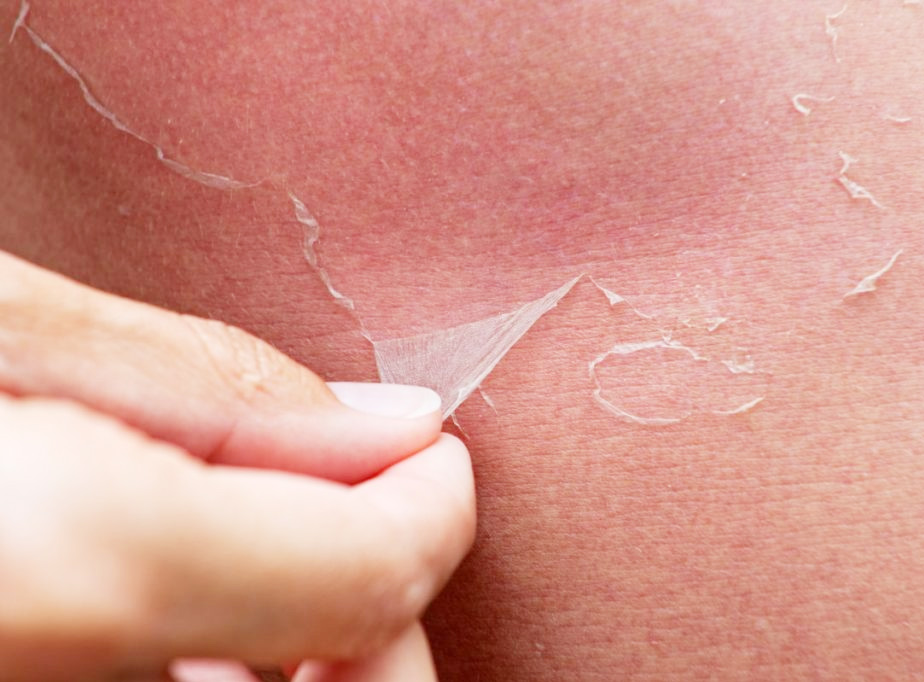

Where Can You Find Lichen Sclerosus Relief?
The best way to find relief from this disease is to make an appointment with a healthcare professional, specifically with a doctor who has previous experience treating this disease. Once you make an appointment, your lichen sclerosus doctor will prescribe you with treatments best suited for your condition.
Common doctors that treat lichen sclerosus:
Dermatologists – these are doctors who specialize in treating the skin.
Gynecologists – these are doctors who treat the reproductive system in females only.
Urologists – these are doctors who treat the male urogenital and urinary tract.
Primary Health Care Professionals – these are doctors who may not specialize in treating lichen sclerosus regularly but can refer you to specialists who do.

Copyright 2023 by Dr. Mickey Barber's Better Life
Notice of Privacy Practices
